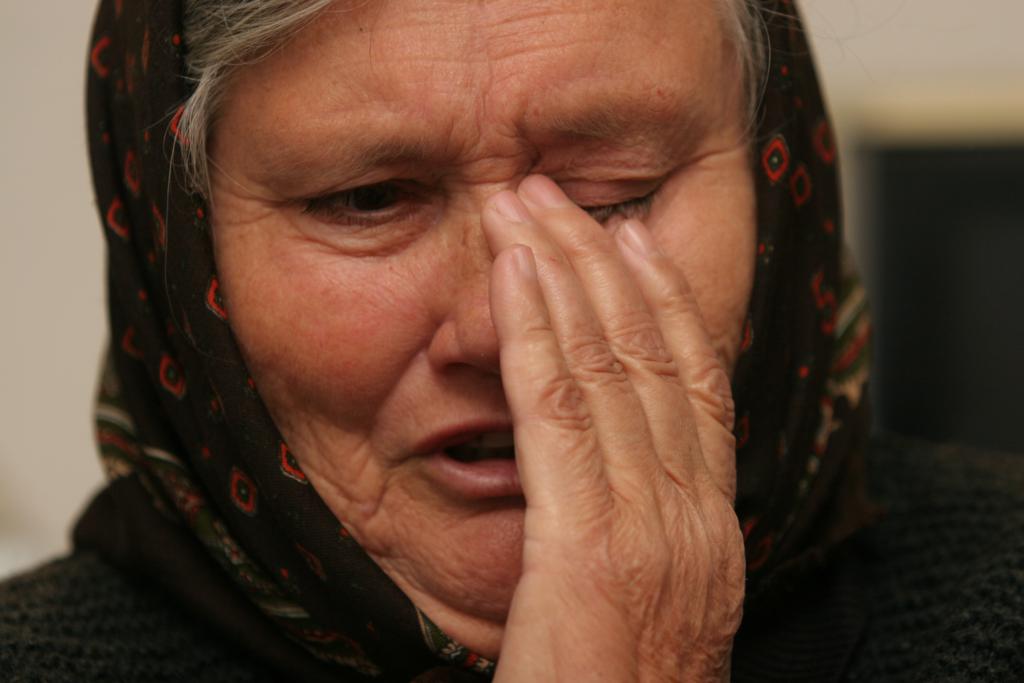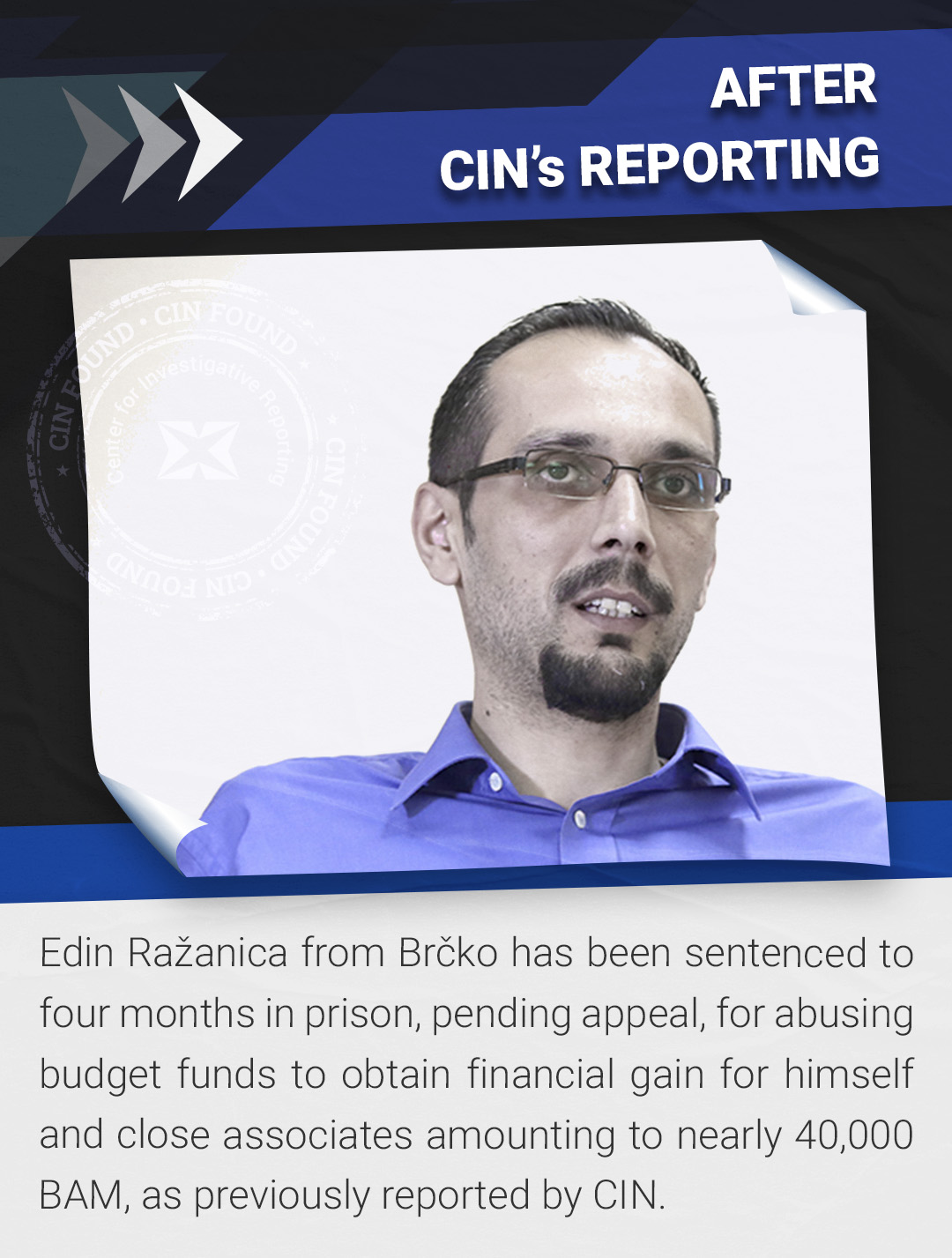A marriage ended with a fatal blast of bullets in a small east Bosnia-Herzegovina town three years ago.
No one seems to have foreseen that Petar Stjepanović would fire a gun five times at his 41-year-old wife Marica. Not their three daughters or their neighbors, not her mother or her sister or her lover. And not the social worker who persuaded her to try and talk things over with her estranged husband.
After the tragedy played out no one worried about why or how it might have been prevented.
‘Too bad it happened’ said social worker Matija Vlačić, ‘but it’s done and over now.’
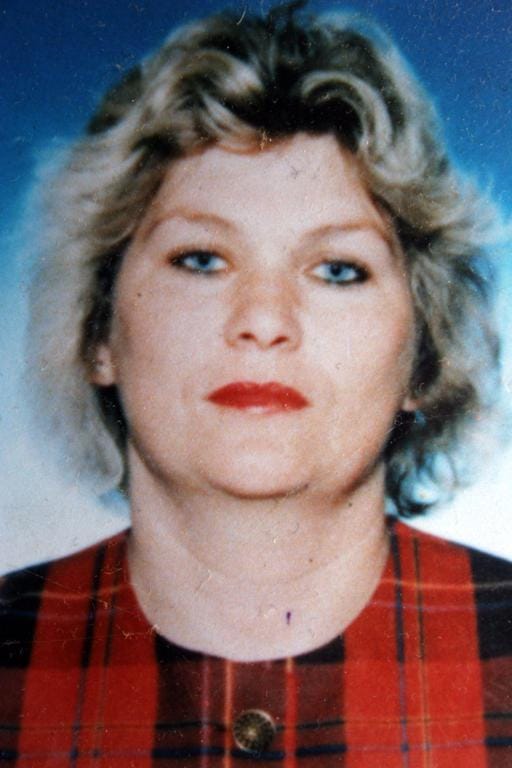
Domestic violence continues to be a serious problem in BiH and women like Marica are dying because of it. In 2004 and 2005, 2,191 cases of domestic violence were reported to ministries of the interior (MUP) in the two entities. But they admit, and experts concur, that 90 percent of cases go unreported.
This murder in Šekovići suggests some of the reasons why this is so: a lack of outrage, traditional beliefs about family honor and the subordination of women, misunderstandings about what prompts violence against family members and inadequate help for women who find themselves in trouble.
She had money so no one heard or saw any warning signs
Marica Stjepanović let plenty of people know she was unhappy, but no one really believed her. After all, she was a lucky woman, even her closest relatives pointed out.
After 23 years of marriage, the Stjepanovićs had a big two-story house, three daughters, and a big cafe named after their 12-year-old, ‘Ljubica’.
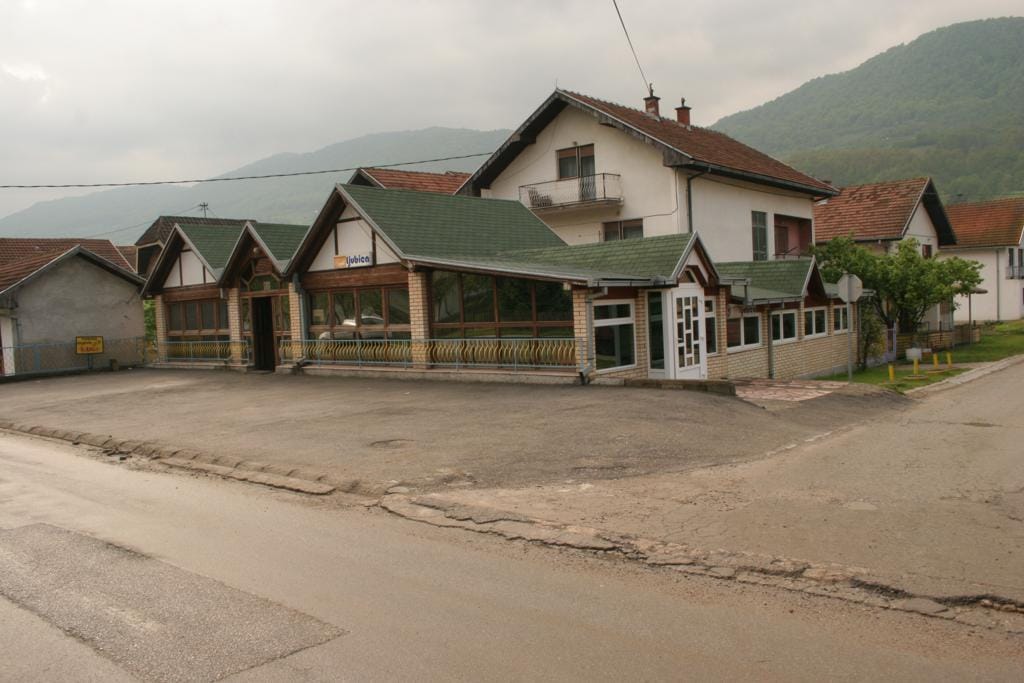
Neighbors remember Marica as a hard-working businesswoman. ‘She always looked good. She was a real lady and a good mother, too. She was good at it all’ said Rajka Savić.
‘Look at the wealth. They had everything’ said another neighbor, Mara Karličić. She never heard the couple bickering. ‘They lived well and like one. What happened is terrible and I don’t know who is to blame.’
Vlačić, an official with the Department for Social Services in Šekovići, described them as one of the richest families around. They got along with all their neighbors.
Zorica Sarić said her sister Marica often complained about harassment from her husband, but it was hard to sympathize.
‘I thought they were rich, had money and couldn’t possibly have problems’ Sarić said.
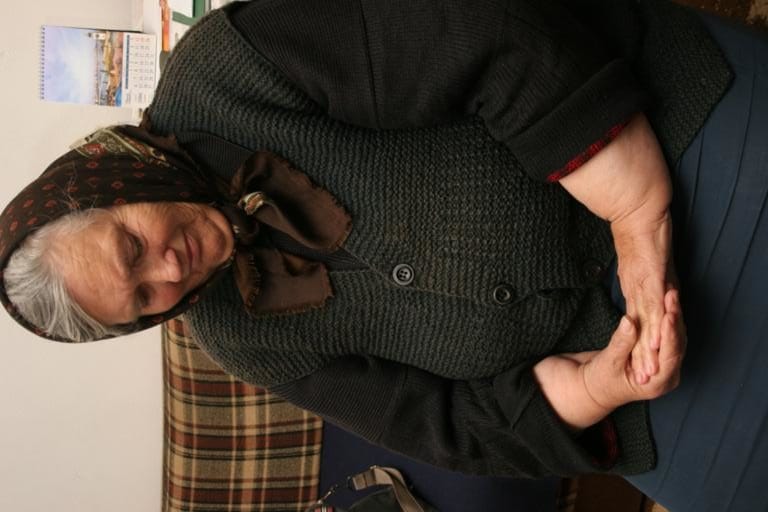
Even when her sister talked about being threatened with death if she tried to divorce, Sarić said she did not take it seriously.
Marica found no solace even from her own mother.
Rada Janković, 64, of Karakaj near Zvornik, said she did see that her daughter was unhappy. Things came out over the past 10 years about other women, drinking and fights. She told her mother she wanted a divorce. Now, the mother is tortured by the advice that she gave her daughter.
‘I didn’t understand her enough’ she said through tears. ‘I always told her to calm down and everything would pass…when she had left the husband, I told her, stop, calm down, go back to your children or come to me and we’ll see what is next.’
A fateful decision to break free
Ten days before she was killed, Marica finally left home. Her mother said that just before this fateful decision her daughter complained more, saying she was constantly harassed and could get no rest.
‘She even talked about him threatening to kill her if she would leave. She wanted to divorce him, but he wouldn’t hear of it’ the mother said.
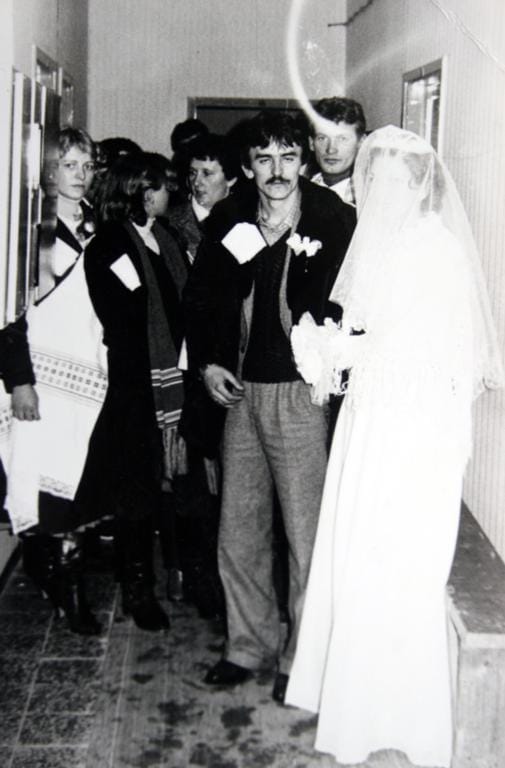
Janković is careful to point out that her daughter was a good housewife, wife and mother. That she would go off with another man was hard for her to cope with.
She herself was brought up in the spirit — and she passed it on to her children — that a marriage must be maintained even when there were misunderstandings. You put up with them.
Marica apparently got the courage to leave because of Milisav Šarčević, a Šekovići native she met in the café. She went with him to Tuzla where he is a policeman.
They were involved for six months before her death, Šarčević said, and she told him about her long-term problems with her husband and her fear that if she divorced he would kill her.
‘I’m not to be blamed that she had left Petar’ said Šarčević. While she was with him, he said, her daughters and relatives called repeatedly urging her to come home.
Petar Stjepanović appealed to the local social worker for help. He told Vlačić there was no reason for her to have left. He said he didn’t know what to do without his wife and his daughters needed her.

Vlačić agreed to set up a meeting. He called Marica’s cell phone over four or five days and told her she should think over what she was doing, particularly to her children.
Finally, Marica agreed to meet Stjepanović on neutral ground – his cousin’s house – with Vlačić present.
Šarčević objected in light of her own worries about Stjepanović. But she went anyway.
And Vlačić did not go. He blames this on Stjepanović not calling him in time.
The estranged couple ended up alone together.
In Foča Prison, Stjepanović, now 50, said he can’t remember firing the bullets that tore into Marica’s heart, stomach, liver, pancreas, spine, colon and kidney.
‘I don’t remember what came upon me at that moment’ he said. He said he’d come to the meeting ready to forgive her everything if she would return to him. But then Šarčević called her on her mobile phone.
Stjepanović said he had a gun, of course, like any owner of a café who might have to protect his business.
‘I don’t know what happened next. I fired shots’ Stjepanović said. ‘I can recall going down the stairs and telling my cousins that it looks like I had killed Marica and that they should go and see what state she was in. The police came right away and arrested me.’
Understanding courts
A district court in Bijeljina found Stjepanović guilty of murder, but sentenced him to eight years and six months in prison because he has no criminal record and because psychiatrists found that he acted in a state of seriously diminished capacity.
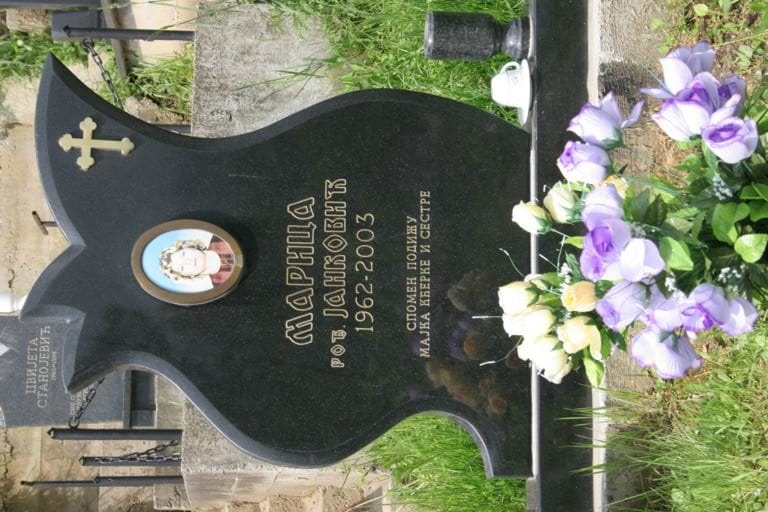
Then the RS Supreme Court reduced his sentence to seven years.
‘One has to take into consideration’ the high court ruled, ‘all that brought the defendant to such a state, and especially in a critical situation (the call from a person that he considers responsible for his wife’s departure, and the impact of life-changing experiences such as his wife’s departure and her infidelity).’
He may be released much sooner. His two older daughters have asked authorities to parole him so that he can care for their youngest sister. They have work and families of their own.
This has caused another rift in the family. Marica’s mother asked indignantly, ‘How can a murderer raise a child?’ She is convinced it’s a trick Stjepanović and his lawyers have dreamed up and that he is manipulating his daughters.
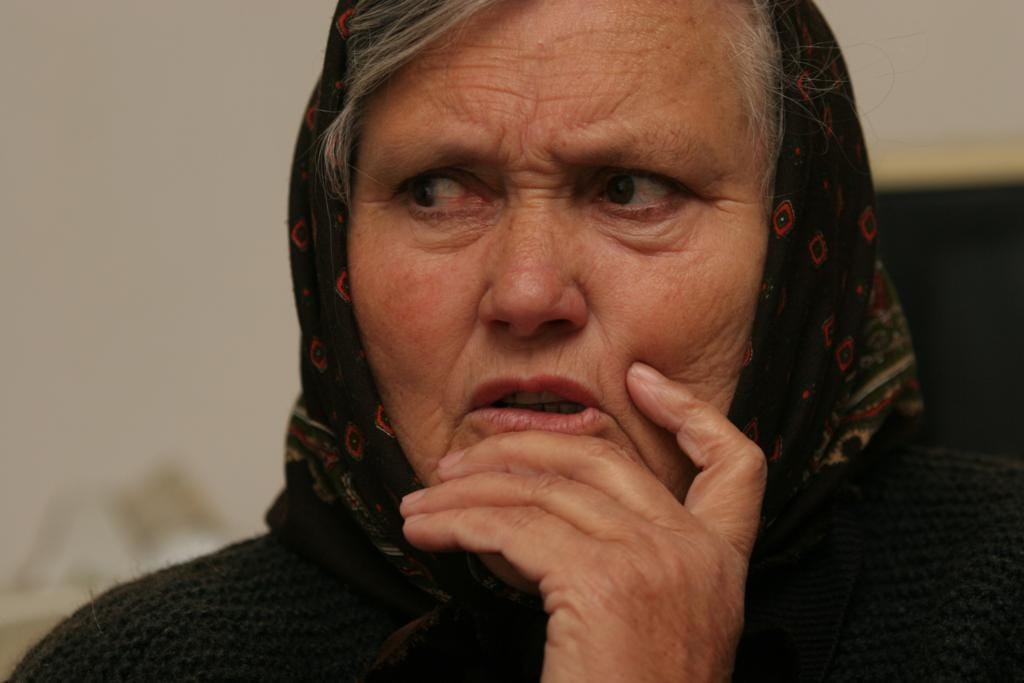
The daughters did not want to comment for this story. Their grandmother and social workers said they don’t talk about what happened.
Since the murder, the oldest quit medical school, the middle one married.
For his part, Stjepanović said he is sorry about what happened but he believes the time is coming when his life will return to normal. If his daughters agree, he will look for another wife.
The mother who lost her daughter curses her son-in-law. ‘He shouldn’t live either, when he took my child’s life.’

